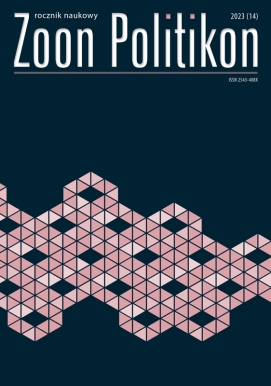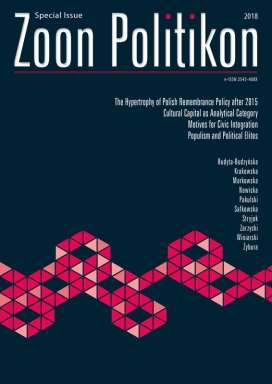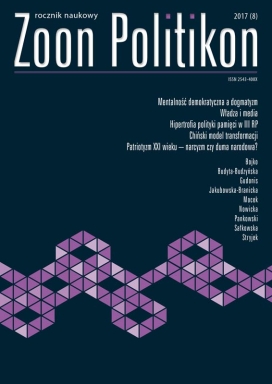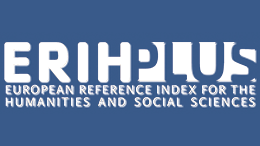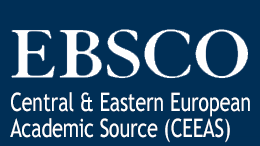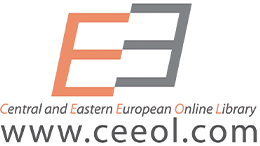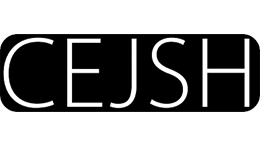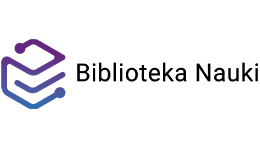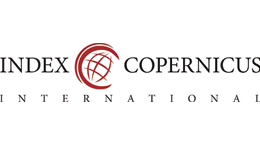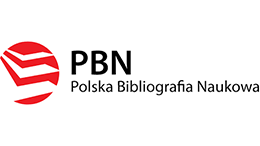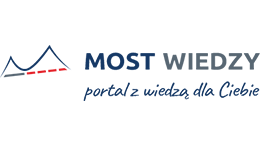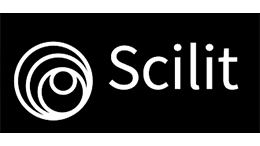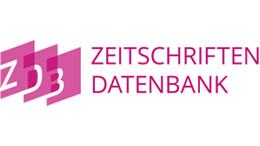The essay examines two of the most prominent developments in contemporary democratic politics, party change and political personalization, and the relationship between them. It presents a broad-brush, cross-national comparison of these phenomena that covers around fifty years in twenty-six countries through the use of more than twenty indicators. It demonstrates that, behind a general trend of decline of political parties, there is much variance among countries. In some, party decline is moderate or even small, which may point to adaptation to the changing environments these parties operate in. In others, parties sharply decline. Most cases fall between these two poles. A clear general trend of personalization in politics is identified, but there are large differences among countries in its magnitude and manifestations. Surprisingly, the online world seems to supply parties with an opportunity to revive. When parties decline, personalization increases. Yet these are far from being perfect zero-sum relationships, which leaves room for the possibility that other political actors may step in when parties decline and that, in some cases, personalization may not hurt parties; it may even strengthen them. Personalization is a big challenge to parties. But parties were, are, and will remain a solution to the problem of collective action, of channeling personal energies to the benefit of the group. Thus they can cope with personalization and even use it to their advantage.


